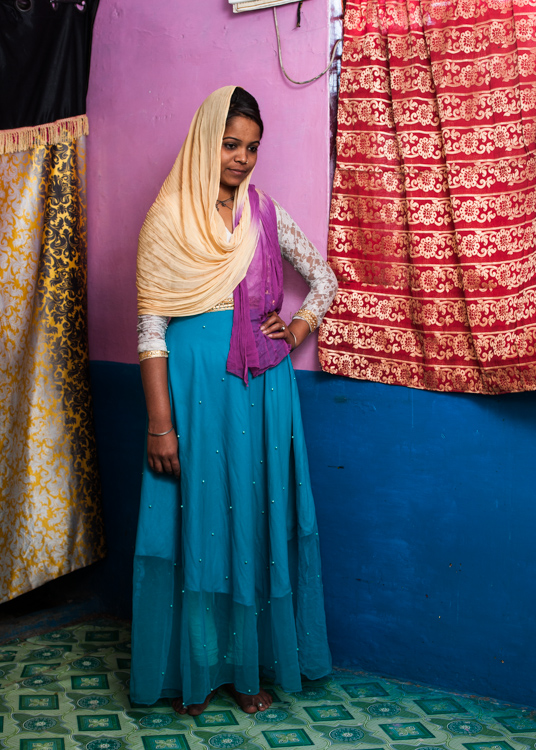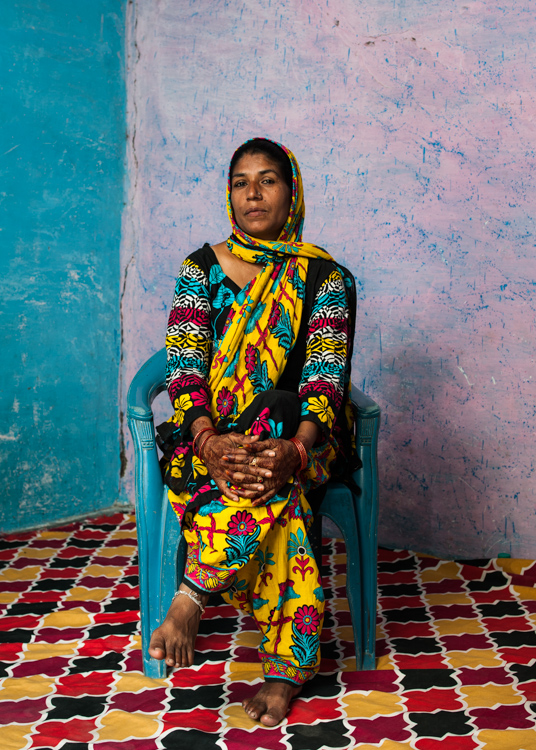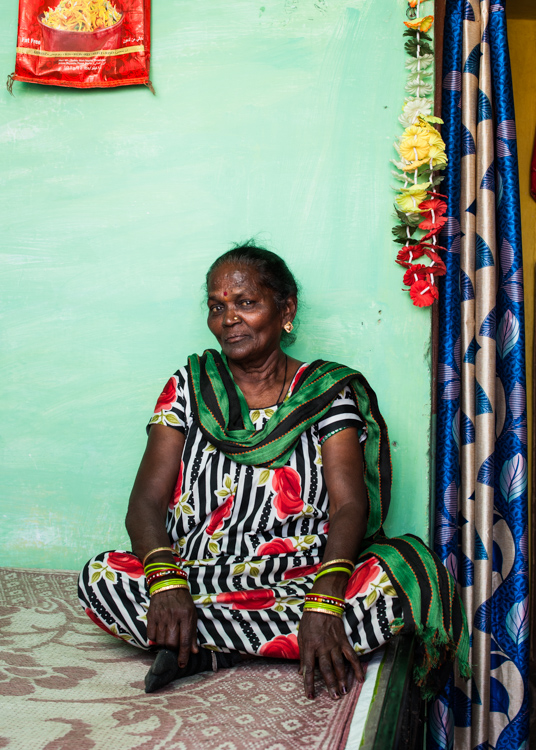The biggest disaster you’ve never heard of: The Bhopal Gas Tragedy
The biggest disaster you’ve never heard of: The Bhopal Gas Tragedy
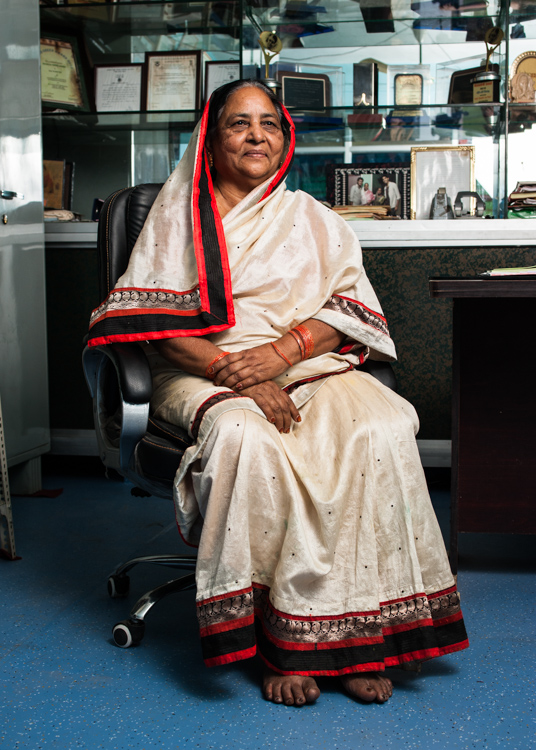
(Image © Francesca Moore. All rights reserved)
Rasheeda’s life began hand-rolling cigarettes, never having spoken to a man unrelated to her. She never learned to read or write. Her world was her makeshift house in the slums of Bhopal, India – until the night of December 2nd, 1984, when an American-owned pesticide factory called Union Carbide leaked a poisonous gas cloud that suffocated 10,000 people in one night.

(Image © Francesca Moore. All rights reserved)
The podcast
They Knew Which Way to Run is a limited podcast series that tells the story of the Bhopal Gas Tragedy and what it means to survive a disaster.
Union Carbide’s decaying factory still stands today. It has slowly poisoned the water supply in the last several decades and caused a water crisis worse than Flint, Michigan. While Rasheeda and her fellow female organizers and survivors started life barred from jobs outside of the home, they have become leaders and fierce advocates leading near-Biblical marches on foot to Delhi and around the world, actively demanding justice today. Their ongoing story is barely known in different parts of Bhopal, let alone the rest of India and the world.
Union Carbide’s decaying factory still stands today. It has slowly poisoned the water supply in the last several decades and caused a water crisis worse than Flint, Michigan. While Rasheeda and her fellow female organizers and survivors started life barred from jobs outside of the home, they have become leaders and fierce advocates leading near-Biblical marches on foot to Delhi and around the world, actively demanding justice today. Their ongoing story is barely known in different parts of Bhopal, let alone the rest of India and the world.
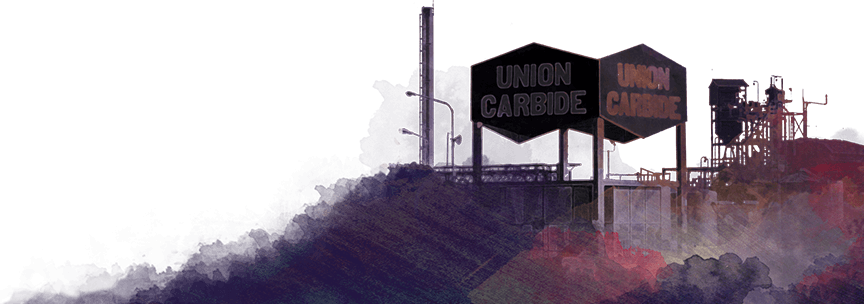
The Bhopal Gas Tragedy shows the start of the rot caused by unchecked capitalism, by environmental racism, globalization, and corporate greed.
Decades later, the world still has not learned the lessons this disaster had to teach us. Using 80+ recorded interviews and interweaving personal reflection, conversation, and narration, Bhopali-American and Fulbright Scholar Apoorva Dixit and her childhood friend and podcast producer Molly Mulroy present the story of the Bhopal Gas Tragedy and of the Bhopalis who were shaped but not defined by the disaster, of hope, of resilience, and of memory.
